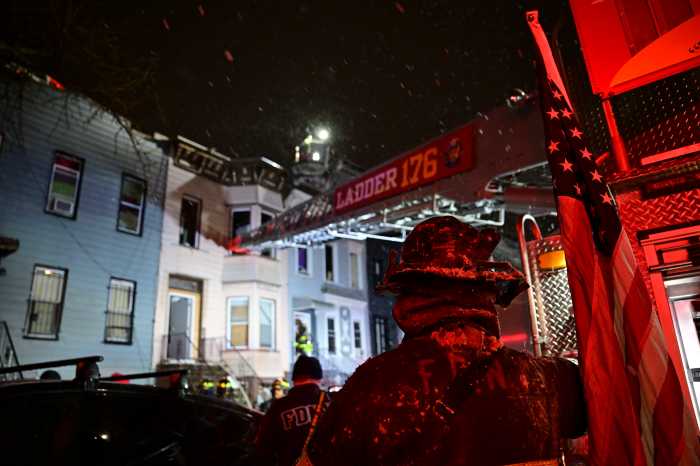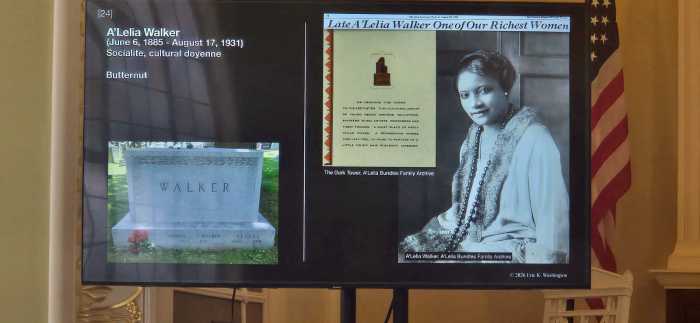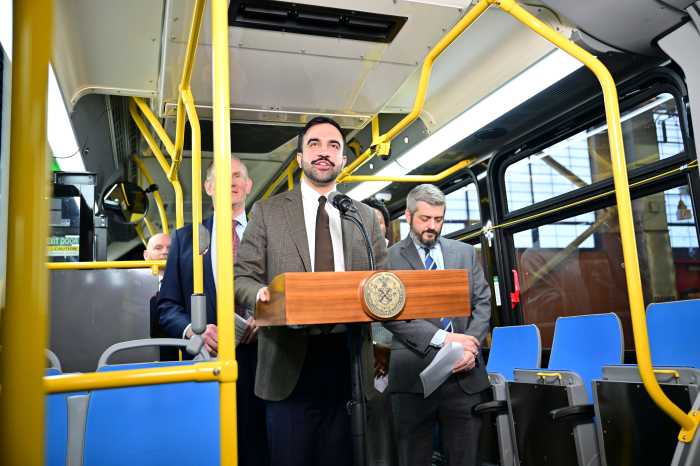When the Senate last week, in a 62-34 bipartisan vote, approved the Employment Non-Discrimination Act (ENDA), the achievement was noteworthy primarily for one reason –– it was the first time either house of Congress had approved such a measure with protections for transgender Americans included. The House passed the bill in 2007, but incorporated only provisions regarding sexual orientation, not gender identity as well.
The Senate action likely does not foretell ultimate victory on this measure, which would remedy the failure of 29 states to provide any gay rights protections and 33, including New York, to offer relief to the transgender community. That’s because even before the bill got its final vote on the Senate floor, Republican House Speaker John Boehner put out the word that it would lead to “frivolous litigation” that would kill “small business jobs.” Ten GOP senators saw through that reflexive type of response, but Boehner, as usual, is playing to the far right in his House caucus. If the House Republicans are unwilling to stanch their losses among Latino voters by taking on immigration reform, it’s probably not surprising they can’t see how increasingly out of step with the American public they are on LGBT rights as well.
The unlikelihood of ENDA’s enactment in the current Congress should be seized on by the LGBT community to right a wrong in the bill passed by the Senate –– its craven surrender to the religious right on the question of religious exemptions.
The 1964 Civil Rights Act, which bans discrimination in areas like housing and public accommodation as well as employment, made use of the concept of religious exemptions to allow religious organizations to base decisions such as their hiring on religion. A Catholic parish could show a preference for hiring Catholics; a mosque could staff itself with Islamic adherents.
What such institutions could generally not do is base employment decisions on other proscribed categories. A synagogue was not free use to racial tests in hiring, for example. At the same time, the Catholic Church, of course, is free to limit its choice of priests by gender. Using a religious exemption to practice discrimination otherwise outlawed could be justified only by showing a close and reasonable nexus between the discrimination and the religious tenet being protected.
As gay rights protections grew up, the concept of religious exemptions began to be stretched further in that same direction –– based on the widespread belief, even among liberal friends of the LGBT community, that religious objections to homosexuality typically have more validity than any religiously-based objection to a person’s race or gender. Like women, a gay man’s status is seen per se as incompatible with service as a priest –– or as a clergy member in many faiths. As a general principle, however, it was easier under many laws to demonstrate a defensible nexus between barring gay and lesbian employment and protecting an exempted religious activity or function. Gay people, in that way, could be excluded not only from the role of clergy but also from many other activities within a religious organization.
Where our community has generally been successful in drawing the line has been on the question of public accommodations. While a church or parish house can limit employment, a Catholic hospital, university, or social service agency that provides its services more generally to the public at large can typically not discriminate under most state and local LGBT rights laws. That same protection is not afforded by ENDA.
Defenders of the religious exemption language in the bill adopted by the Senate argue they have simply “cut and pasted” the language from the 1964 Civil Rights Act. What that means, however, is that a religious organization’s ability to differentiate employees based on their religion is now extended to their sexual orientation and gender identity as well. Tico Almeida is the leader of Freedom to Work, a leading LGBT rights group, but he was also the author of the exemption language, which he now defends, when he worked as a US House committee counsel. He has acknowledged that it would allow Catholic Charities, a major social service employer in many big cities, to hire and fire based on sexual identity or gender identity.
That, as several critics have noted, amounts to “a license to discriminate,” one that cripples ENDA but will also weaken ongoing efforts to extend anti-bias protections to areas beyond employment and at the state and local government level. It’s unfortunate that leading LGBT legal advocacy groups, who recognize the danger here, have elected to hold their fire, hoping to amend the bill after a new Congress takes office in 2015. Having won Senate approval based on concessions we never should have made, it could be a politically daunting task to try to take them back in 18 months.

































